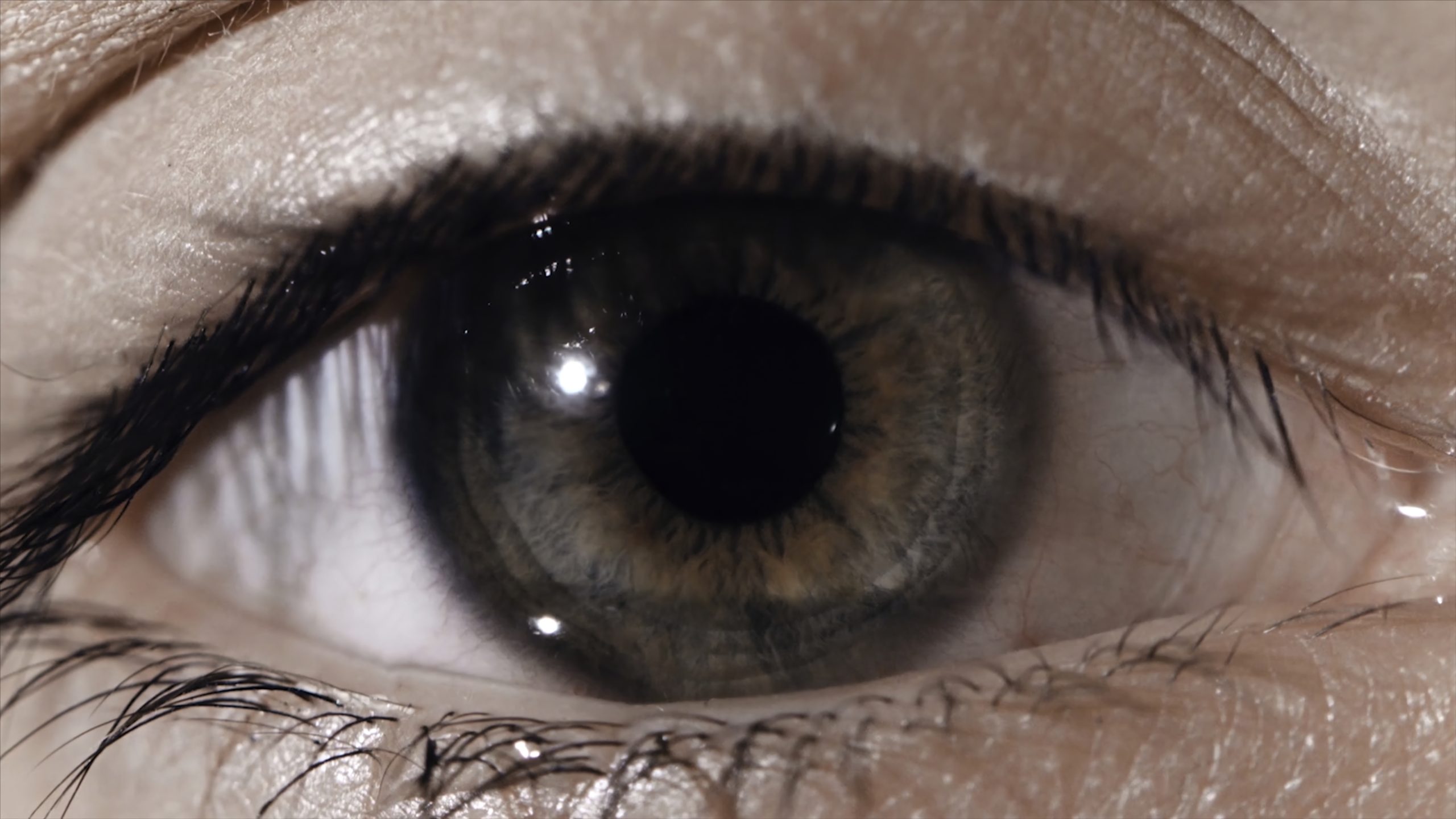Understanding Lattice Degeneration
Introduction
Lattice degeneration is a condition affecting the retina, the light-sensitive tissue lining the back of the eye. This condition is characterized by thinning and degeneration of the retina, leading to the formation of lattice-like patterns in the affected area. While lattice degeneration itself may not cause significant vision loss in most cases, it can increase the risk of retinal detachment, a serious sight-threatening condition. In this comprehensive guide, we will explore the causes, symptoms, diagnosis, and treatment options for lattice degeneration, providing valuable insights to empower individuals with ocular health awareness.
Causes and Risk Factors
The exact cause of lattice degeneration is not fully understood, but it is believed to be associated with developmental factors and genetic predisposition. Some individuals may inherit a tendency to develop lattice degeneration, while others may develop it spontaneously. Certain factors may increase the risk of developing lattice degeneration, including:
- Genetics: Family history of lattice degeneration or other retinal disorders may increase the risk.
- Myopia: Nearsighted individuals with severe myopia (short-sightedness) are more likely to develop lattice degeneration.
- Age: Lattice degeneration is more common in younger individuals, typically presenting in the second or third decade of life.
- Trauma: Eye injuries or trauma may contribute to the development of lattice degeneration.
Symptoms
Lattice degeneration often does not cause noticeable symptoms in its early stages. However, some individuals may experience:
- Floaters: The presence of dark spots or lines in the field of vision.
- Flashes of Light: Brief flashes or sparks of light, especially in peripheral vision.
- Blurry Vision: Blurriness or distortion in vision, particularly if retinal detachment occurs.
Diagnosis
Lattice degeneration is typically diagnosed during a comprehensive eye examination by an ophthalmologist or optometrist. The diagnosis may involve the following:
- Visual Acuity Test: Assessing the clarity of vision using an eye chart.
- Slit-Lamp Examination: Examination of the structures of the eye using a specialized microscope called a slit lamp.
- Dilated Fundus Examination: Examination of the retina and optic nerve after dilating the pupil with eye drops.
- Retinal Imaging: Imaging tests such as optical coherence tomography (OCT) or fundus photography may be used to visualize the retina and detect any abnormalities.
Treatment Options
In most cases, lattice degeneration does not require treatment unless complications such as retinal detachment occur. However, regular monitoring by an eye care professional is recommended to detect any changes in the condition. If retinal detachment occurs, prompt treatment is essential to prevent permanent vision loss. Treatment options for retinal detachment may include:
- Laser Photocoagulation: Using a laser to create scars around the retinal tear or hole to seal it and prevent fluid leakage.
- Cryopexy: Freezing treatment to seal retinal tears or holes.
- Scleral Buckling: Surgically placing a silicone band around the eye to support the detached retina.
- Vitrectomy: Surgical removal of the vitreous gel inside the eye, followed by the placement of a gas bubble to push the retina back into place.
Conclusion
Lattice degeneration is a relatively common condition that affects the retina, potentially increasing the risk of retinal detachment. While it may not cause significant vision loss on its own, early detection and monitoring are essential to prevent complications. Individuals with lattice degeneration should undergo regular eye examinations and seek prompt medical attention if they experience any changes in vision. By raising awareness and understanding of lattice degeneration, we can empower individuals to prioritize their ocular health and seek appropriate care when needed.
World Eye Care Foundation’s eyecare.live brings you the latest information from various industry sources and experts in eye health and vision care. Please consult with your eye care provider for more general information and specific eye conditions. We do not provide any medical advice, suggestions or recommendations in any health conditions.
Commonly Asked Questions
Risk factors include genetics, myopia, age, and ocular trauma.
Lattice degeneration typically does not cause vision loss unless complications like retinal detachment occur.
Yes, there is a genetic component to lattice degeneration, with a familial predisposition observed in some cases.
Diagnosis involves a comprehensive eye examination, including visual acuity tests, slit-lamp biomicroscopy, and retinal imaging.
Warning signs include sudden onset of floaters, flashes of light, and peripheral vision disturbances.
While lattice degeneration cannot be prevented, regular eye examinations and monitoring can help detect and manage complications early.
Treatment may involve prophylactic measures such as laser photocoagulation or cryotherapy to prevent retinal detachment.
Lattice degeneration typically presents in younger individuals, often in the second or third decade of life.
Lattice degeneration may coexist with other retinal disorders, particularly in individuals with a family history of ocular pathology.
Yes, individuals with lattice degeneration may benefit from avoiding high-impact activities and maintaining regular eye care appointments.
news via inbox
Subscribe here to get latest updates !








